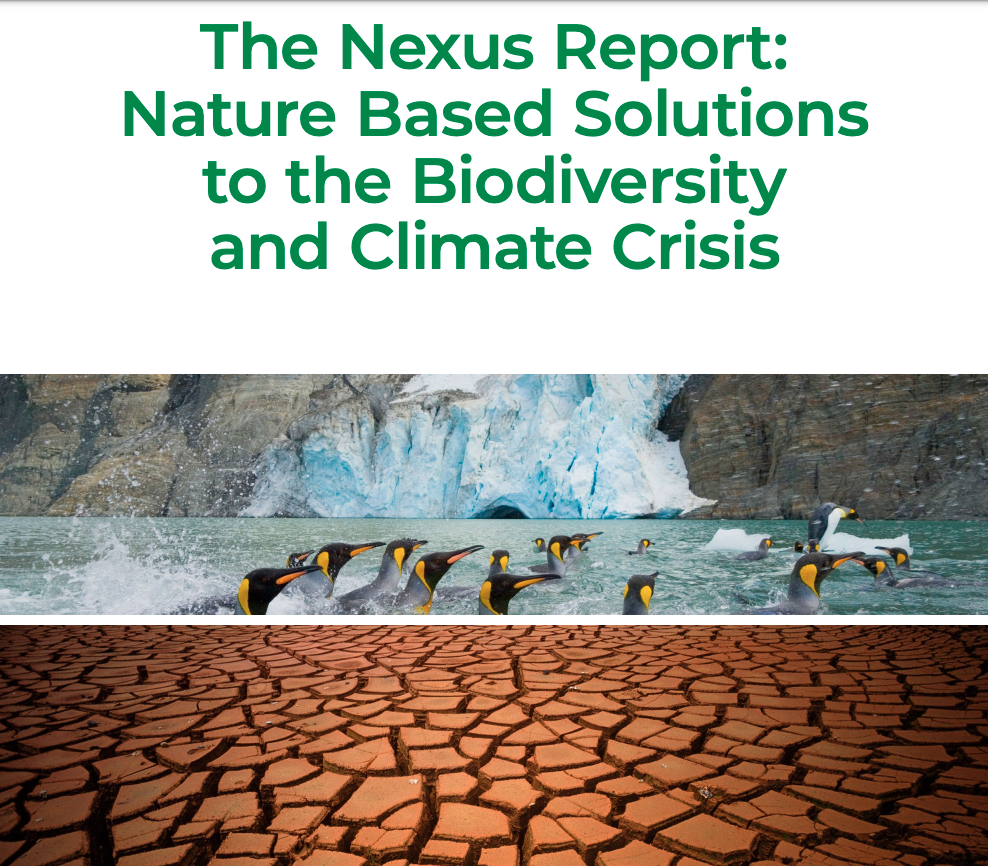2020 was anticipated to be an environmental “super year”, but events took a turn. COVID-19 has put the UN biodiversity, climate and oceans summits on hold but it has not ameliorated the urgency of addressing our global environmental challenges. Indeed, the pandemic has focused attention on the imbalance in humanity’s relationship with nature, and on the fragility of the bonds of globalization.
The resulting economic crisis has given us an unprecedented chance to build back our economies and societies in ways that restore prosperity and reduce risks of future pandemics while addressing the climate and biodiversity crises.
Nature-based solutions (NbS) can and must provide a large part of this integrated response. NbS must ultimately be implemented through national and local action, but the UN Framework Convention on Climate Change (UNFCCC) and the Convention on Biological Diversity (CBD) have critical roles to play in increasing political ambition, setting a course, and mobilizing action. Global crises cannot be solved by individual nations, communities or companies on their own.
The private sector, civil society, scientific and educational institutions, and local communities all play key roles, but they do not possess the political power or public financial resources that governments command.
The private sector, civil society, scientific and educational institutions, and local communities all play key roles, but they do not possess the political power or public financial resources that governments command.
This report summarizes the contours of our intertwined global environmental challenges, proposes an integrated strategy for addressing those challenges, and makes recommendations for action in the UNFCCC and the CBD.
This report also provides recommendations to the G20 on how it can catalyze and complement action in these conventions and thereby help ensure that COVID-19 response and recovery strategies do in fact “build back better” for both planet and people. The report’s main conclusions and key recommendations are summarized below.
Article authors
Virginia Young
Brendan Mackey
Cyril Kormos
Additional authors
Charles Victor Barber (World Resources Institute) and Rachael Petersen (Earthrise Services)
Reference
Barber, C.V., R. Petersen, V. Young, B. Mackey, C. Kormos. 2020. The Nexus Report: Nature Based Solutions to the Biodiversity and Climate Crisis. F20 Foundations, Campaign for Nature and SEE Foundation.




